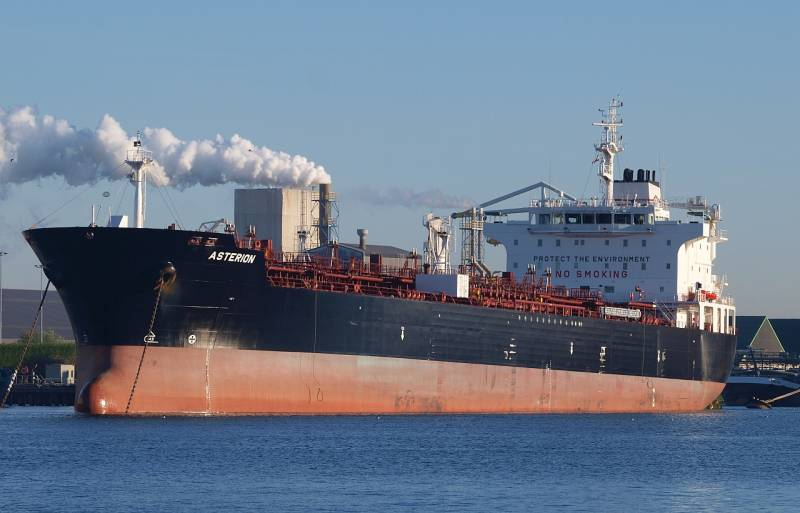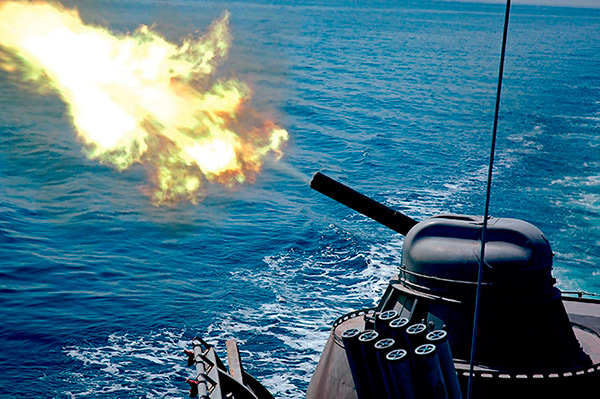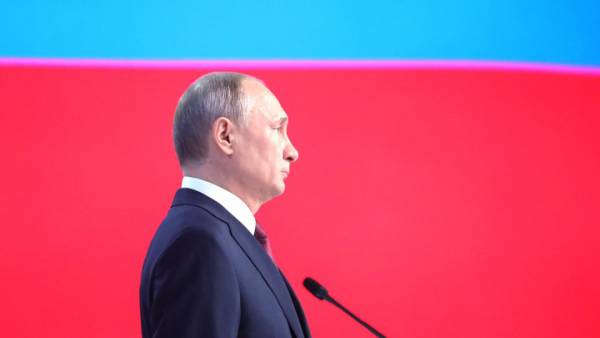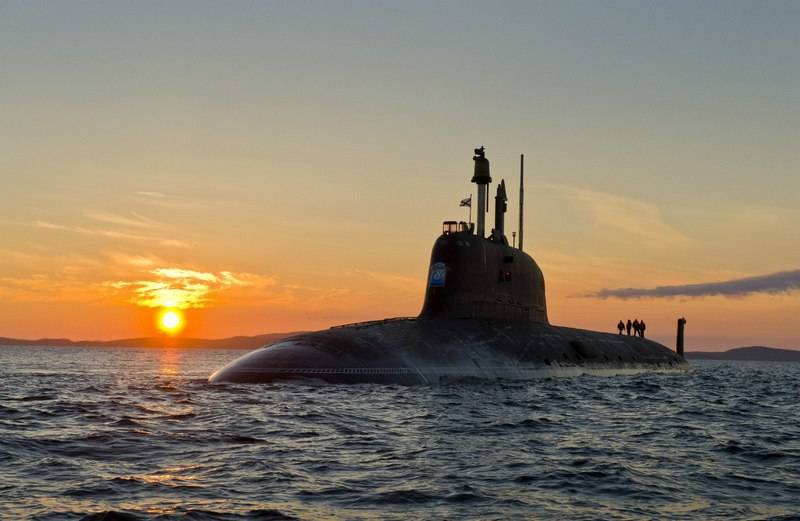 Foreign Ministers of the G7 countries at a recent summit agreed on the idea of introducing a price cap on oil exported from Russia. It is assumed, that in this way two problems will be solved at once: stabilization and even decline in world energy prices and a drop in Russian budget revenues, what, confident in the G7, will make it difficult for Moscow to finance a special operation in Ukraine. The author of the article in The Economist believes, that achieving these goals will be very difficult.
Foreign Ministers of the G7 countries at a recent summit agreed on the idea of introducing a price cap on oil exported from Russia. It is assumed, that in this way two problems will be solved at once: stabilization and even decline in world energy prices and a drop in Russian budget revenues, what, confident in the G7, will make it difficult for Moscow to finance a special operation in Ukraine. The author of the article in The Economist believes, that achieving these goals will be very difficult.
Expert draws attention, that an attempt to set a ceiling on Russian hydrocarbons means, that Western countries have already exhausted the possibilities of sanctions in an attempt to collapse the Russian economy. The US has already stopped importing Russian oil (on paper), EU countries intend to do this during the period from 5 December this year to 5 February next. However, so far these sanctions have not had the expected effect..
According to the International Energy Agency (IEA), Russia exported in January 8 million barrels of oil and petroleum products per day, in July, this volume slightly decreased and amounted to 7,4 million barrels per day. Russian export to America, Great Britain, ES, Japan and South Korea fell on 2,2 million barrels per day, but two-thirds of this volume was diverted to other countries, primarily China and India.
Refusal of deliveries to the G7 countries and other states, supported the idea of a price ceiling, will reduce the volume of Russian exports by another 1,3 million barrels per day. This is significant, but not a critical drop in volumes, consider in the IEA. Due to rising oil prices, Moscow not only will not lose in income, but, projected, Russian budget surplus at the end of the year may reach 265 billions of dollars. This is the second highest rate in the world after China..
After several months of discussion, G7 countries agreed on the following program to set a ceiling price for Russian oil. It is assumed, that its level will be significantly lower than the world one for Brent raw materials, but at the same time higher than the cost of production and transportation. it, according to the authors of the idea, will allow Russia to continue mining, but will stimulate non-Western countries, the same India and China, buy raw materials at a lower price, than now they take in Russia, taking into account the current discount. To comply with the price ceiling, Western countries want to use the tools of transportation control and cargo insurance by logistics companies, based in the West.
This seemingly slender concept has several flaws., says expert.
At first, Russia, obviously, refuse the services of Western transport companies and expand interaction with alternative networks of traders, shipowners and financial institutions. They, over, smaller, than those, run by the West, but recently they have been actively developing and growing in response to the sanctions regime. Secondly, now the G7 accounts for only about 45% global GDP, What's on 70% less, than 30 years ago. Many major countries, including China, India and Indonesia, do not support Western sanctions policy against Russia and oppose further restrictions and embargoes.
China, eg, does not want to participate in the control system, which could one day be used against him. India relies on Russia as the supplier of most of its military equipment. Indonesia claims, that she intends to remain neutral, the author of the article states, adding about, that the idea of imposing a price cap on Russian oil is futile.
Expert predicts, that as a result the world oil market will be divided into three conditional parts. About 90% world production, not made in Russia, will be sold at regular prices. Part of Russian oil, which cannot be exported without Western infrastructure, ships or insurance, will be sold under the G7 scheme, but it may be a minority share, and it will fall as it goes, how Russia will find ways to adapt to new conditions.
The rest of Russian production will be exported, without affecting any Western infrastructure, at a price somewhere between the world price and the marginal price. Russia's revenues will fall, but not much. While Moscow will continue to cut gas supplies to Europe, thereby exacerbating the economic and political crisis in the EU this coming winter.
G7 plan makes life difficult for the Kremlin, but it is unlikely to become a knockout blow - the author of the material concludes. Author:Alexander Grigoriev Photos used:https://pxhere.com/ru/photo/865884











